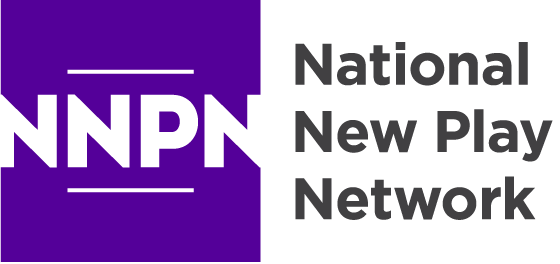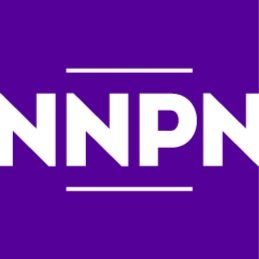We Can Take the Time We Need
The first rule of virtual convening: if there is a way technology can go awry, it probably will.
What I’ve learned about virtual convening: when technology goes awry, as an organizer of said convening, you are in charge of how you respond.
On June 12, National New Play Network hosted our second virtual Annual Conference. As the day began, we were confronted with a cavalcade of technical issues. Before we knew it, we had started our day about 20 minutes later than we had planned.
As the rest of our small but mighty team fielded attendee technical support questions, captured the big ideas from the conversation, and prepared to introduce panelists during the rest of our convening day, Jordana, our Programs Manager, and I began to consider the impact of our late start. She texted me once our opening plenary was underway and expressed that it felt imperative to her that we give this panel the full 45 minutes they’d prepared to be in conversation. Initially, I balked at this: it would throw off the entire schedule for the rest of the day. We talked about seriously reducing the breaks between sessions. We worried that too-short breaks would create a sense of franticness in our participants, making it more difficult to care for themselves and be their most present during our time together.
It seemed that we were at an impasse – we couldn’t just be running late for the rest of the day: how unprofessional would that look? What would that do to our credibility, the perception of our attendees of the competence of the organizers and – by extension – the value of the conference to the field?
Without recognizing it was happening, I was prioritizing the structure – the system – over the humans who were inhabiting it. I was caught up in the vision of the plan and neglecting the reality of our present moment. I was also neglecting a key goal our team has set for NNPN: creating human-focused practices that allow us to cultivate spaciousness and abundance. Instead, I was wrapped in the familiar scarcity mentality so pervasive in our field that tells us there is never enough (time, money, accolades, love, belonging, etc.).
I took a breath. I recentered myself in the goals of our Annual Conference: Growing Forward. Transcending the Transactional. Establishing and deepening and prioritizing the human and the humane over the urgency that perfectionism and white supremacy culture want me to believe are key to keeping shame and failure at bay. (Tema Okun, who wrote the widely-circulated article outlining white supremacy culture characteristics has just this year published an entire website devoted to understanding and working to dismantle this harmful system. If you haven't already, I invite you to dig deep as I will be, too.)
We decided to give our panelists the space we promised. We realized that we had already set up a conference schedule that prioritized care, with 15-minute breaks between sessions and a larger one-hour break midway through. Because of this, we realized that if we moved our first and second breakout session blocks by just 10 minutes, we could still give our participants a humane break between sessions without shortening our planned conversations or creating an environment unnecessarily driven by urgency. The ability to adjust the published schedule on our virtual conference platform allowed us to officially change our start times to make this shift as clear as possible. We decided to transparently (albeit imperfectly, hence this post) tell our attendees how and why we were shifting the schedule in order to focus on the humans - presenters and attendees - and the values we believe in.
I’m curious to hear if your experience of and relationships to time and structure have shifted in the past 18 months. How is your anti-racism/anti-bias work pointing out thorny places in your policies and practices? How do urgency or perfectionism or adherence to “the way it’s always been done” inhibit your ability to experiment with new human-focused and adaptive practices? Where do you hold power to adjust these practices? Where do you need support/accomplices in order to experiment with new responses to the tension between the thing you planned and the thing that’s happening? (As a dear mentor of mine often says: there's the trip you plan and then there's the trip you take.) What do you think might be possible if we all moved through the field and our lives with more abundance, compassion, flexibility, and grace?

